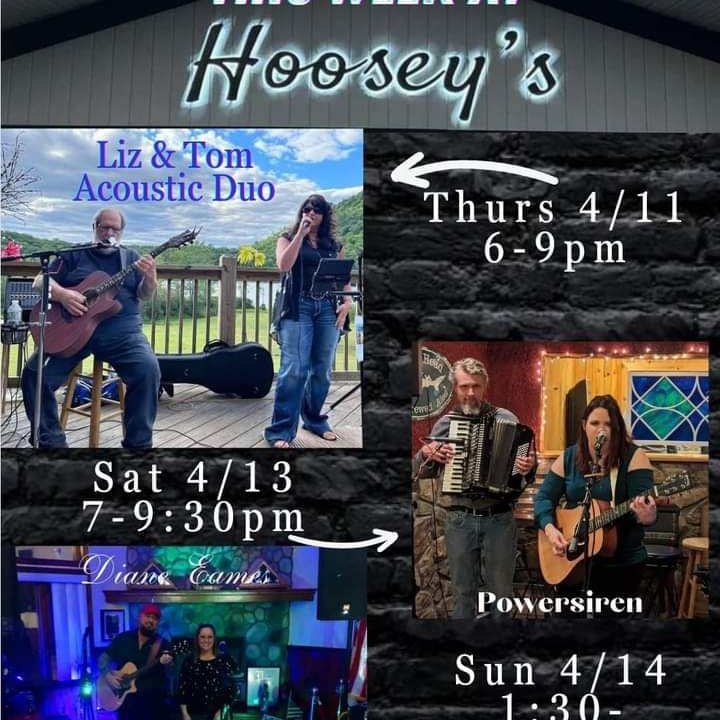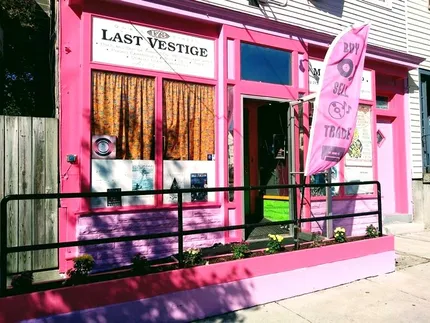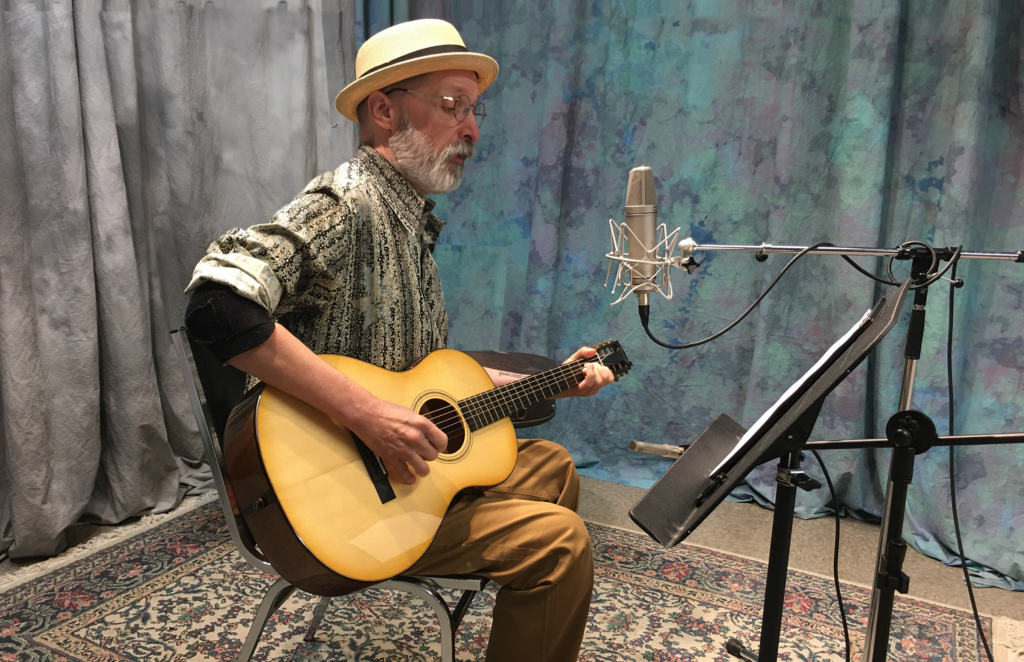Tara Rule: Filming Ourselves -Interview by: Liam Sweeny
Written by Staff on August 3, 2021
When we watch the latest blockbuster, we can become hypnotized with special effects, dazzled by A-list names and our minds soaked in rave reviews, but when we break those movies down, what else did they give us beyond a couple of hours of mind candy? Ourselves is a movie that asks a deep question, one that will likely never be fully answered in our lifetime; does depravity come from our genes or what the people in our life do with those genes? Tara Rule, artist, actress, and filmmaker, invites us to find out. I sit with Tara and we discuss designer pop filters.
RRX: Every film, hell, every story, has a higher concept. A question that it seeks to answer, or a statement it is making. This has been true since Aesop’s fables, or the bible. And I say that because your upcoming film, Ourselves, asks the question of our behavior being driven by birth, or by upbringing. Why did you all pick this question?
TR: This film is based on true events – events that we don’t have a lot of answers as to why, or even who, committed the events portrayed in the film. Ourselves is a psychological thriller. Half of the film is based on real life events – and by based, I mean we made sure to show everything that played out in exactly as it did. The other half is fictional, but poses the questions that you mentioned above. One of our writers and producers, Rotisha Geter, grew up across the street from a serial killer who to this day has never been caught. Rotisha witnessed things that no child/teenager should have to witness. Summers were spent home alone while her mother worked. The only other house on the street belonged to the serial killer who eventually realized Rotisha was on to him. He did everything in his power to torment her, gaslight her and make her look mentally ill. He even gained rapport with local law enforcement. Eventually, the truth came out when the bodies were discovered. There are other elements to the film that incorporate formative events in my life. When we combined our collective traumas into one story, it left us wondering what kind of person we could have become had we been more like the serial killer across the street. The unfortunate reality is, sometimes we become the monster who hurt us in the first place.
RRX: The cast and crew of Ourselves is diverse and inclusive. It is a complement of women, African Americans, LGBTQ, disabled – voices that are often only represented by proxy in the film industry. How does the inclusion of the whole production differ from casting “the gay character” or “the black character” for example?
TR: I’m glad you asked. There are a number of ways that this project differs from type casting/having a “token” LGBTQ, black, disabled, etc. character. Rotisha bravely shared with me her struggles growing up as not just a woman, but a black woman, and a dark-skinned black woman at that. She recognizes that one of the reasons the serial killer literally got away with murder was by using his privilege as an advantage. Of course, especially in the 80’s/90’s in the south, a white man calling the police on “the black family across the street” kept attention off of him. Not just that, but oftentimes those who commit horrific acts of violence against others are often times caught due to a push from the community to find that person and bring the families of the victim’s justice. This man in particular knew that he was much more likely to get away with what he was doing by targeting young, black, transgendered prostitutes. The sad reality is, even after the bodies were found, there was no media coverage of the event. I think we all know that had the victims been a different race, identified differently, did something other than sex work, things would have been much different. It breaks my heart. Oftentimes in film, people of a certain race, gender, orientation, age, etc. are depicted the same way over and over again. We wanted to show all of our characters in a broader sense, to really show how they experience the human condition. At the end of the day, we are all human. We want to remind people of that. Rotisha, an actress herself, knows the struggles of finding work as a dark-skinned woman. As I myself have struggled to make something of myself as a chronically ill/disabled woman, we wanted to provide opportunities for those who are oftentimes overlooked. It was important to all of us that we keep things as true to life as possible – we wanted our cast, especially those who depict some of the real struggles each of us have faced in our lives, to represent us and our struggles not just on screen, but for them to have a real understanding of those struggles. Outside of that, we wanted to ensure that everyone in the cast felt that their character could help them tell their own story, and we encouraged them to integrate their own experience into their characters. I can’t tell you how many changes we made to the script because one of our cast or crew said, “Hey, this happened to me, what about this.” It’s called Ourselves for a reason. It’s all of us.
RRX: This movie is based on true events, namely, a serial killer that lived across the street from actress Rotisha Geter, who is still on the run. How much were you able to obfuscate the details in light of him not being behind bars, or was that even a factor? If he saw the movie and was asked his opinion of his character, what do you think he would say?
TR: This story is unique in that we didn’t have to change much of anything, because at the end of the day there isn’t much information available regarding the serial killer. Once the dozen or so bodies were found inside his residence, it was revealed that he was living under a fake name. He had a stolen identity. The house he lived in was owned by the State of North Carolina as a foreclosure, and he was squatting for a number of years. He did not have a vehicle. He had no family. He never had visitors other than the escorts that entered his home and never left. I would imagine that if he saw the film, he would feel the way many people who lack empathy do – powerful. I’m sure it would boost his ego a great deal to see that not only did he ruin the lives of many, but that now the world will watch in terror as they see what he has done. That’s a notion I’ve personally struggled with – putting the spotlight on someone so evil. However, the story is an important one to tell. I’m confident that the things that will be brought to light throughout the film (lack of investigation/media coverage of violent crimes against black, LGBTQ, sex workers) will make a difference for the better in a way that will outweigh whatever little high this man would get for being in the spotlight.
RRX: Films are tough. I write a book, it costs me a new keyboard (when I splurge) and about thirty-bucks for paper if I print it out. But dirt-floor rotgut for a movie is twenty-thousand dollars. And that’s a few people using their smartphones. Clearly, nobody has that kind of scratch lying around, do they? How do you all raise it?
TR: It isn’t easy. The hardest part is finding the funding. One thing I didn’t realize until I got into production myself was that producing is a full-time job. You’re responsible for dozens of people, coordinating locations, equipment, hair, makeup, accommodations, food, and that’s just scratching the surface. Rotisha and I began our career in the entertainment industry in front of the camera. We have all also worked behind the camera – both are a lot of work. Even auditions are a full-time job. If you’re producing, you are making no money, and you’re lucky if you stay out of debt once it’s all said and done. Because we know how much work goes into every piece of the puzzle, we aren’t comfortable paying people the bare minimum. Many productions pay you for your time spent on set, but fail to consider the hours and hours of rehearsals, auditions, travel, time off from work, etc. That being said, all of us are literally willing to go into the red to ensure that the talented people we have are compensated fully for their hard work and dedication to the project. So, long story short, crowdfunding. Normally we would use grants, but 99% of the grants for independent filmmakers are still on hiatus due to the pandemic. The only way we can raise money is through our IndieGoGo. We like to ensure that those who donate are getting something out of it – everything from a signed poster, to IMDb credits, to actually having a star appearance in the film. It’s challenging, but with everyone’s help we can make this happen.
RRX: We’re just coming off the pandemic, and things are looking up. I know that one of my favorite shows (Supernatural) had to pause its final season, which was nearly finished, but couldn’t go into post. How did you work around the pandemic to get it together? Were people quarantining and being tested?
TR: Initially, we were going to begin filming sometime in 2022, but with the vaccine and numbers decreasing, we felt safe to start in September. Since the pandemic, almost all auditions happen online via self-taped auditions and Zoom/Skype calls, so we were able to cast with ease. We are, however, being extraordinarily cautious (testing, vaccines for those who are willing and able). I’m grateful that our cast and crew are so understanding of my medical condition. Unfortunately, I cannot get the vaccine as it causes severe and usually fatal complications for someone like me. On the flip side, due to the chemotherapy, I am very immunocompromised. I’ve been so touched at how understanding everyone has been in order to ensure not only my safety, but the safety of others as well.
RRX: There’s another film that may be out by the time this runs, called Cato. It’s a story of your own life, and your struggle with a brain tumor that nearly took you from us. It’s told sort of from the perspective of your cat, Cato. I heard you say that you might have tossed the towel one day if not for Cato. Can you talk about Cato, the film or the cat?
TR: I had a cat growing up named Gizmo who was a Snowshoe Siamese. She was definitely my favorite cat. When I was really sick, I was home 24/7 unless I was at the doctors or in the hospital. I couldn’t walk, and was learning how to do everything all over again – write, use the bathroom myself, etc. I saw a cat on Craigslist who looked just like Gizmo. I don’t know what it was, but I really wanted him. I reached out to the owner who was really picky about who he was willing to let Cato go home to. I met Cato in person and it was love at first sight. Cato is a really funny cat. He’s extraordinarily needy and needs constant attention or he gets depressed. Things got really bad with my health. I went into multi-organ failure and the only treatment that had worked up until that point was going to kill me faster than the illness itself would. No doctor nor specialist could figure out what was wrong with me, and none of them were willing or able to try any sort of experimental treatment. They basically all told me there was nothing else they could do. I was facing hospice, and every day was somehow significantly worse than the last. I didn’t want to die, but there’s a point where the pain overrides anything else. It’s all encompassing. It takes over your thoughts, feelings, heart, and eventually your soul. There’s nothing left but the pain. Thinking of leaving everyone I loved was horrifically painful, but somehow, the physical pain was worse. I thought of how sad it would be for everyone to watch me die hooked up to a bunch of machines. I didn’t want them to have to go through that. I didn’t want to go through that. I was considering options for myself that made me feel like I had some dignity and some control over the illness. I was lying there feeling sorry for myself and Cato jumped on my chest. I don’t know what it was, but seeing him looking at me with so much love – I couldn’t bring myself to tell him that I was planning on leaving. It made me realize I couldn’t bring myself to tell anyone. I wasn’t ready to say goodbye. Instead, I said, “Okay, Cato, here’s what we’re gonna do. I’m going to give myself six months. Six months to find someone, something to help me. If at the end of that six months I haven’t found an answer, maybe I’ll at least have found some strength along the way to keep fighting, but I’m telling you right now, I can’t keep fighting forever. I’m going to try. 6 months is a long time when you feel like this. Two days later, I posted everything I had about my medical condition on Reddit. Someone commented that they had a similar condition – long story short, it wasn’t the same condition, but that conversation led me to an organization which led me to the name of a hospital which led me to the doctor who saved my life. I am so blessed that my mother had the wherewithal to keep everything documented, labeled, highlighted, and accounted for in boxes and folders. I called and said, “I have no referrals, my doctors have given up. I have every test, report, scan – anything you would need. I am dying, and I’m desperate.” A week later, I was on a treatment that I still take to this day. It saved my life. The film itself was a way to cope. I was feeling really held back from the trauma of going through what I went through. I think I detached myself from what I went through to an extent. I was really numb. However, when I thought of experiencing the whole thing through Cato’s eyes, I was able to feel. It wasn’t pleasant, but it was necessary for me to try and move on with my life. I didn’t have the intention to show it to anyone, but once it was completed and began circulating film festivals and picking up awards, people wanted to see it. Though I’m still sick, I’m a lot better than I was. I wanted to let go of the identity I created for myself to cope with living with a disability. I didn’t want to be “the sick girl” anymore. I knew I couldn’t fully let go until those close to me got a glimpse into the world we were both living in for so long.
RRX: This is where you answer the question I didn’t ask. Best smartphone for shooting shorts? How hard to party at the wrap up? Educate, enlighten, emote – the floor is yours.
TR: Best smartphone – well, I have only really shot on one smartphone, the iPhone X. I know iPhones have much better cameras now. What I will say is the FilmicPro app is really necessary for shooting anything on a smartphone. It gives you most of the same options a DSLR would.
I never party too hard, because there are no days off. Even when I’m asleep, my brain is chewing on work related things. I’ll get back to you on that one once I learn how to have a work/life balance.
I’m honestly in shock at how big Ourselves has become. It was literally an idea – a “wouldn’t it be cool if -” And three months later, we’ve got a huge production on our hands. I’ve learned from this experience that there is strength in numbers. I never worked with other people. I was afraid they would hold me back. Ourselves has shown me that, not only am I sometimes wrong, but it is impossible to do anything alone. In order to succeed, you have to put faith in others. Also, never be afraid to ask. I’ve asked so many people, platforms, musicians if they wanted to get involved. I have not been met with one “no.” I never thought that two of my favorite bands, Xiu Xiu and Igorrr would be interested in providing music for this project, but not only did they say yes, they’re excited about the film. My advice to anyone wanting to get into production – learn to work with others, and ask anyone and everyone if they want to get involved.
You can support “Ourselves” through their Indiegogo campaign:
https://www.indiegogo.com/projects/ourselves-horror-movie?fbclid=IwAR1wntzrpCR16gom6cWRKxEUqEovw-63wrOcuIkvMGaocYXhresAcm8JIJw#/




 RadioRadioX
RadioRadioX